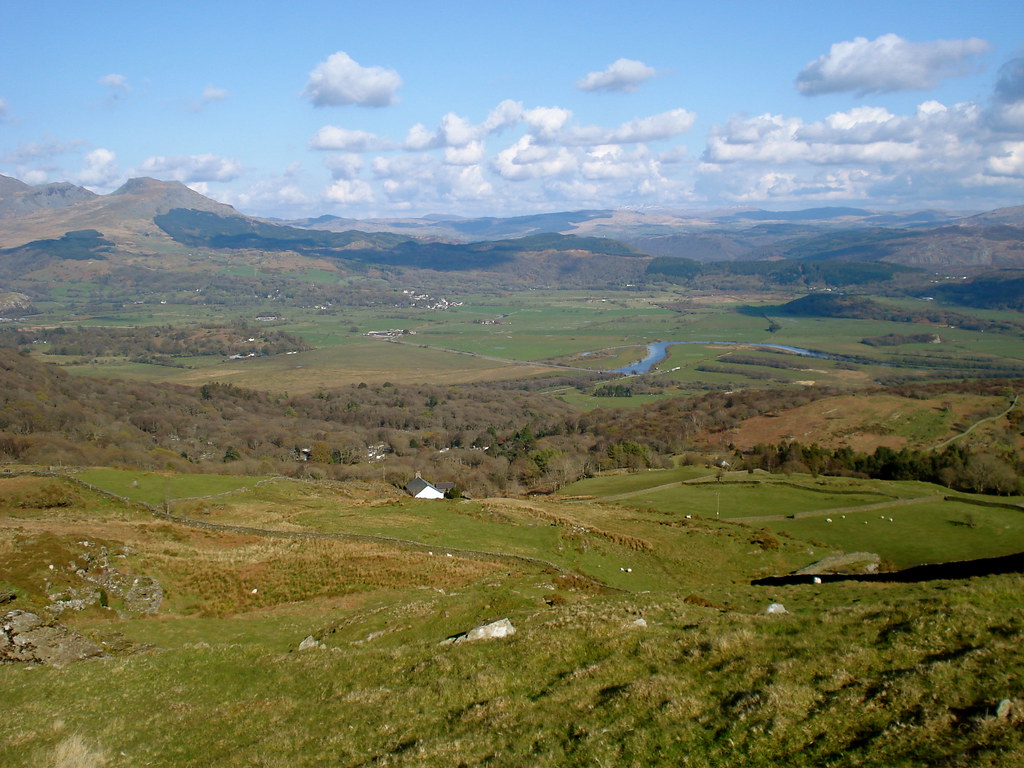Aberystwyth University that they are part of a new expert consortium that will be aiding the Welsh Government and other UK administrations looking at carbon emissions that result from different uses of land.
Members of staff from Aberystwyth University’s Institute of Biological, Environmental and Rural Sciences (IBERS) will be taking part in the “Land Use for Net Zero” (LUNZ) project which is jointly led by the James Hutton Institute and Leicester University. The consortium has received £6.25 million from UK Research and Innovation for the work,
One of the main objectives of the research is to look at the ways in which land use, and the possibilities for its use as a sink or a source for carbon. Particular focus will be given to the effects of agriculture, which can have a big effect on greenhouse gasses, and how science-based solutions could help solve this.
Professor Iain Donnison, Head of IBERS at Aberystwyth University said:
‘This is a major investment in vital work to support a just transition to net zero, and we are pleased to be able to contribute our expertise.. Our aim as a consortium is to deliver transformative changes in land use, agricultural systems and soil health. Achieving the transformational change in land management needed will depend on government access to world-class research and innovation. Together with other partners, we will develop evidence-based and credible pathways to achieving Net Zero; timed and tailored to meet government and sectoral needs. Our vision for the new hub is an agile, ‘big tent, four nations approach’ analysing, aggregating and translating evidence to support policymakers and other stakeholders.’
‘Our vision will be delivered with the skills, expertise and resources we have in Aberystwyth and those of the other partners. It will be built on principles of capacity building and just transition. It will unite and fast-track emerging evidence from the consortium’s research projects and key allied research to inform policy at national, regional and local levels within the four nations of the UK.’
Hub co-lead of the winning Consortium, Professor Lee-Ann Sutherland from The James Hutton Institute,said:
‘The science behind land use is highly complex. It is influenced by a range of economic, social and environmental factors, and complicated further by a changing evidence base, novel market forces, the emergence of new data and models, and disruptive technologies such as artificial intelligence. Our aim is to bridge the gap between researchers and policy makers and our work will be focused on meeting specific policy-maker needs, giving them the evidence they need in the format and timeframe they need it.’
‘Our Consortium has developed a series of innovative mechanisms to do just that – an Agile Policy Centre, Net Zero Futures Platform, and Creative Methods Lab – each tailored to generate clear, robust answers to urgent questions.’
Hub Co-lead Professor Heiko Balzter from the University of Leicester added:
‘Creating a fair, realistic path to net zero in the land use sector can only be achieved with the involvement of a wide range of stakeholders throughout the process– to provide their expertise, share the Hub’s outputs and ensure its proposals work in practice as well as theory.’
‘Our consortium reflects this – ranging from those at the cutting edge of climate change modelling to farmers groups, advisory organisations, non-governmental organisations and an arts collective. Their range and profile will ensure the Hub’s impact extends throughout society – so everyone can engage in land use transformation – from the food they buy to their holiday, housing and investment decisions.’


